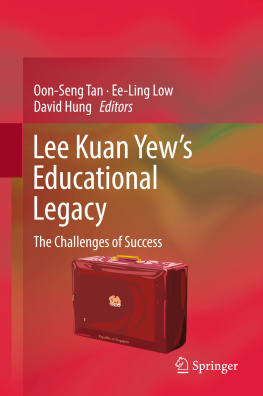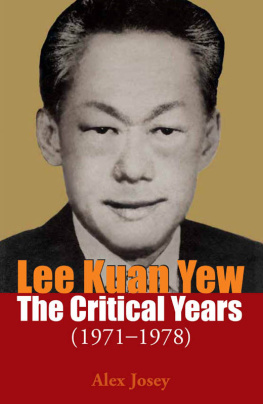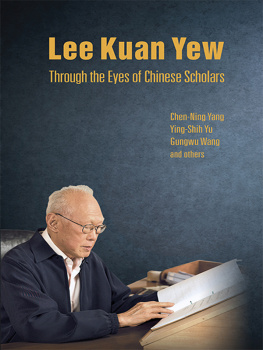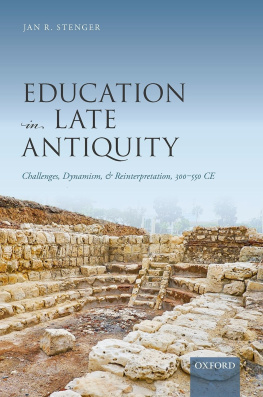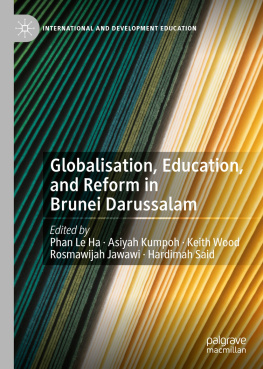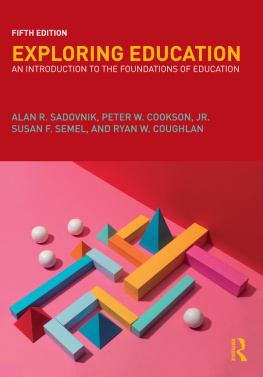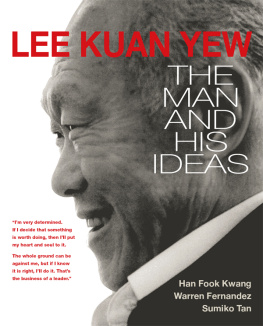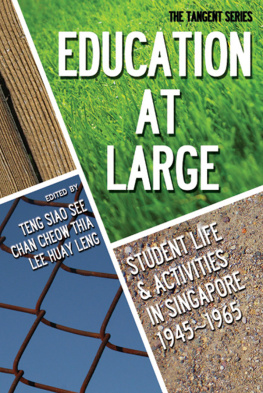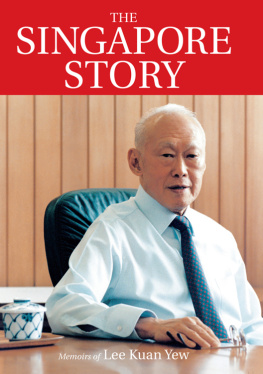Oon Seng Tan - Lee Kuan Yew’s Educational Legacy: The Challenges of Success
Here you can read online Oon Seng Tan - Lee Kuan Yew’s Educational Legacy: The Challenges of Success full text of the book (entire story) in english for free. Download pdf and epub, get meaning, cover and reviews about this ebook. year: 2017, publisher: Springer, genre: Religion. Description of the work, (preface) as well as reviews are available. Best literature library LitArk.com created for fans of good reading and offers a wide selection of genres:
Romance novel
Science fiction
Adventure
Detective
Science
History
Home and family
Prose
Art
Politics
Computer
Non-fiction
Religion
Business
Children
Humor
Choose a favorite category and find really read worthwhile books. Enjoy immersion in the world of imagination, feel the emotions of the characters or learn something new for yourself, make an fascinating discovery.
- Book:Lee Kuan Yew’s Educational Legacy: The Challenges of Success
- Author:
- Publisher:Springer
- Genre:
- Year:2017
- Rating:5 / 5
- Favourites:Add to favourites
- Your mark:
Lee Kuan Yew’s Educational Legacy: The Challenges of Success: summary, description and annotation
We offer to read an annotation, description, summary or preface (depends on what the author of the book "Lee Kuan Yew’s Educational Legacy: The Challenges of Success" wrote himself). If you haven't found the necessary information about the book — write in the comments, we will try to find it.
The late Mr Lee Kuan Yew (19232015) laid the foundations for the creation of a first-world education system in Singapore. Like many other issues concerning the country, his ideas for education were transported in a red box, which he took with him wherever he went, even up to his last days. Inside it was always something designed to help create a better life for all Singaporeans.
The editors of this volume were inspired by the idea of Mr Lees red box and by the Founding Fathers selfless drive to continuously improve the country he loved. As such, the book explores in detail Mr Lees plans, including chapters on Education: The Man and His Ideas; Foundational Pillars of Singapores Education; Education for Nationhood and Nation-Building; and 21st Century Readiness and Adaptability. The chapters also include the authors visions, no matter how great or small, for the future of education in Singapore. They explore how Mr Lees educational policies resulted in a system that attracts the right and best candidates to become teachers; that forms them into effective teachers, specialists and leaders; that ensures they and the education system are able to deliver the best possible learning for every child; and that establishes a legacy that has allowed the education system to continue to move forward while tackling the challenges of its success.
From the little red box came the ideas that led to the countrys meteoric rise. Likewise, the editors hope this book will lead to a brighter future in education.
Oon Seng Tan: author's other books
Who wrote Lee Kuan Yew’s Educational Legacy: The Challenges of Success? Find out the surname, the name of the author of the book and a list of all author's works by series.

